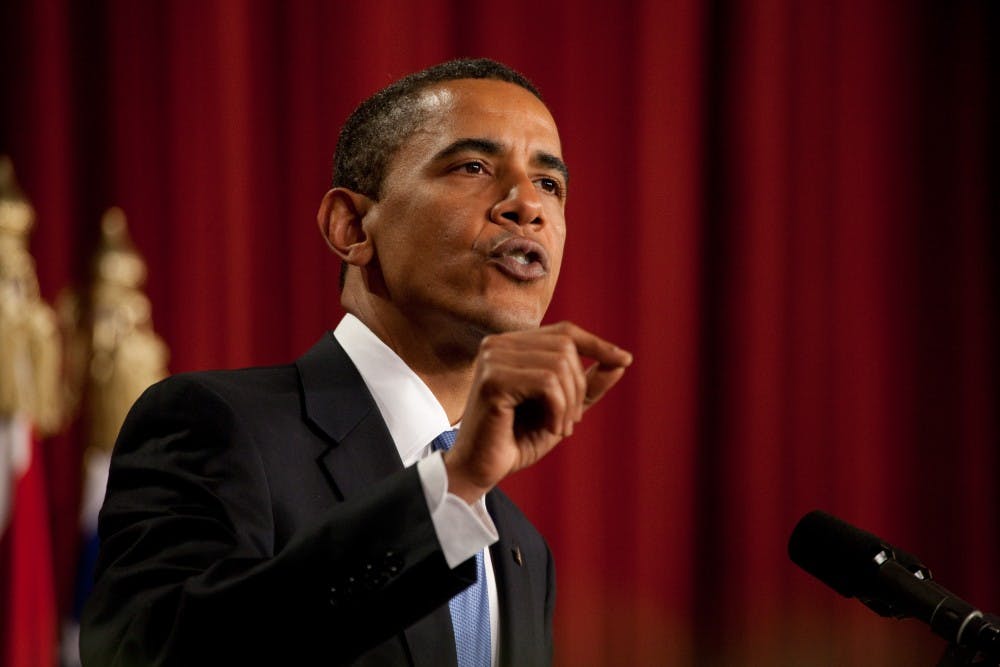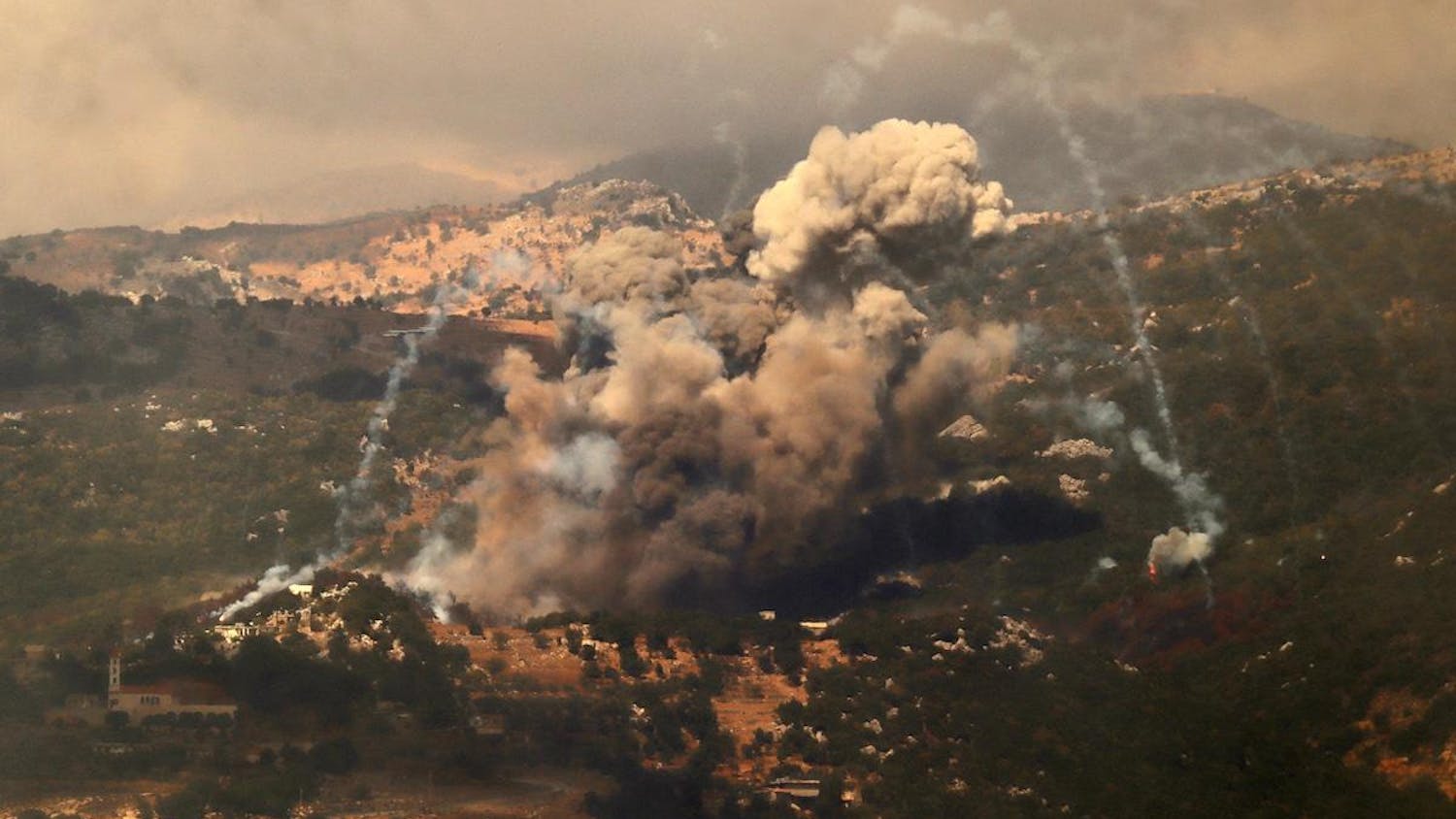Joe Friedrichsen | Echo
In the dark expanse of the churning sea, the American battleship of state aimlessly sails on. The navigational systems gone, the crew enacts emergency measures to stay afloat. The captain of this ship, unsure of what to do, reverts to old habits and commands his crew to open fire.
With President Obama's announcement Wednesday, the U.S. is stepping up its ferocious air campaign on Islamic State (ISIL) targets. Significant international hesitancy persists as Obama and his administration struggle to put together their anti-ISIL coalition.
Obama, shying away from large-scale ground interventions as usual, ordered a fairly straightforward sustained air campaign against ISIL targets in Iraq. His plan for Syria is far less clear. Obama said he would not hesitate to take action against ISIL in Syria. There are two problems with this.
First, if the U.S. is to honor international law, authorizing air strikes against ISIL in Syria would first require the permission of Syrian President Bashar al Assad. Otherwise, any military action taken would be regarded as an act of aggression against Syria.
Second, West-backed moderate rebels are, for all intents and purposes, useless. They have been decimated by ISIL, Jabhat al Nusra (an al Qaeda group) and Assad's forces. Even if Congress authorized arms to be sent to the rebels, there is no guarantee the weapons would end up in their hands. It is possible either al Qaeda or ISIL would seize or capture these arms.
To complicate matters, Washington has ruled out cooperation with Assad. It believes the Assad government has indirectly helped Islamic State grow in order to weaken other opposition groups, according to Reuters. But by ruling out this possibility, the U.S. limits itself to just two options: America could either decide to attack ISIL targets without permission or it could hold off.
If the U.S. attacked, it would risk delegitimizing its coalition. Arab states currently on the fence about joining the coalition could also be scared off. Should this happen, the U.S. would lose critical support from the Arab world-serving only to bolster support for ISIL. On the other hand, if the U.S. does nothing, it ensures the terrorist group a temporary reprieve. Both are bad options.
Obama's promise to degrade and defeat ISIL illustrates Obama's delusional belief that ISIL can be defeated through airstrikes and equipping proxy military groups. The Kurdish "peshmerga" (an Iraqi ethnic militant group fighting ISIL) have proven themselves to be capable soldiers, except the group's principal aim is not to rid Iraq of foreign invaders but rather to defend Iraqi Kurdistan (an autonomous region).
To make matters worse, Iraq's security forces have not been an effective fighting force. In fact, at the onset of the conflict, Iraqi soldiers fled when confronted by ISIL fighters.
Much of Obama's strategy relies on these surrogate groups using American air power to push back ISIL. But if these groups do not share the common goal of expelling ISIL from Iraq, how can Obama possibly expect the Iraqi government to grow strong enough to fend off threats?
Destroying ISIL won't guarantee an effective and legitimate Iraqi state. Obama undoubtedly understands this, but his speech nevertheless reflects Washington's chronic short-term planning problem.
Obama did make clear that the coalition is still a work in progress. An effective coalition is going to take time to build, but it ought to be part of a long-term strategy, and not just the short-term. Right now, America's only short-term strategy is to bomb ISIL with the help of proxy groups. The problem is that the Iraqi army is inadequately prepared and the moderate rebel force in Syria is nearly non-existent.
And so, without direction and a strong plan of action, America continues to drift as the storm grows stronger.





